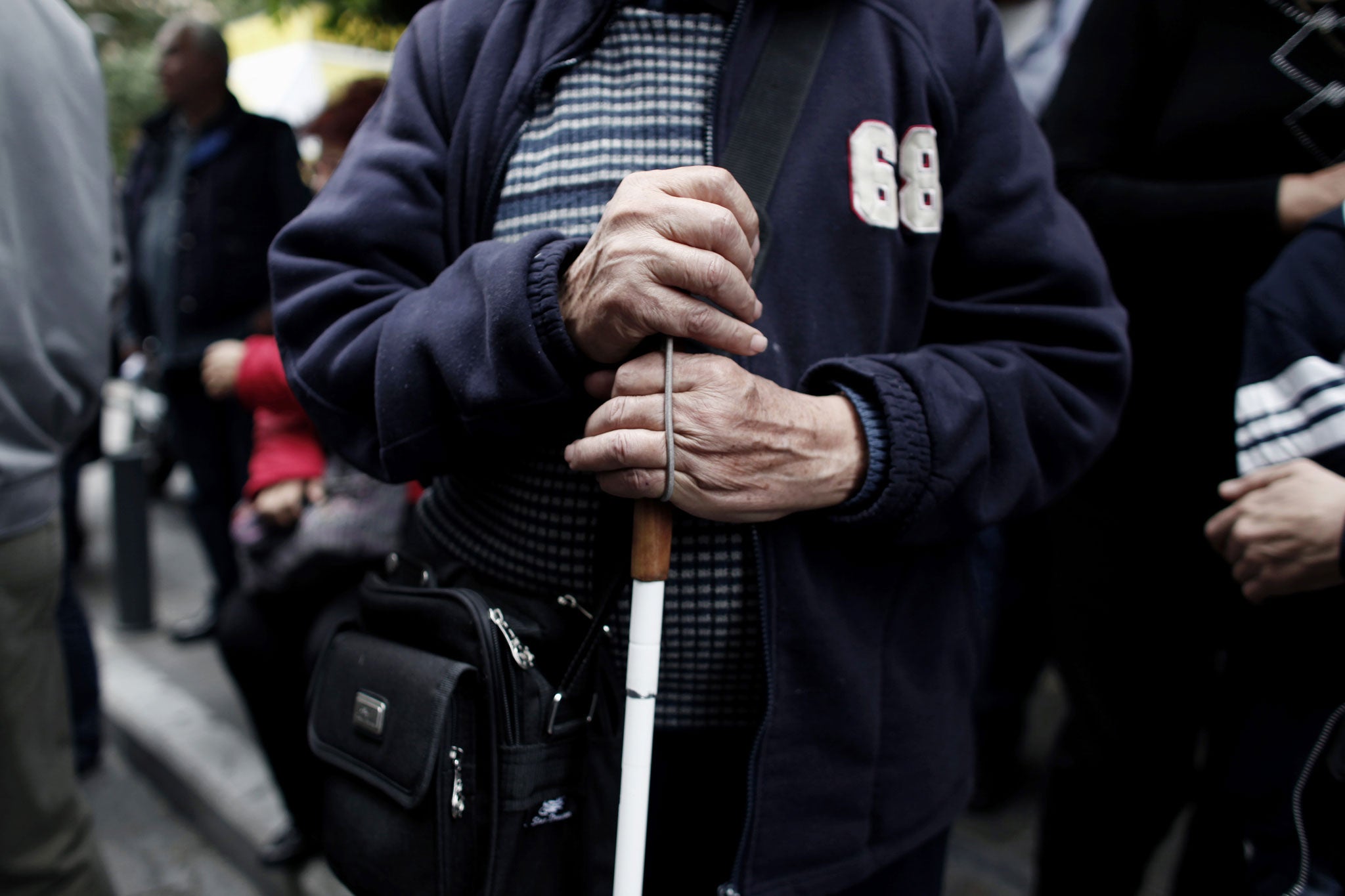David Blunkett: The Care Bill must reflect the needs of all deafblind people
Social care isn’t just about personal care, it’s about having support to hold down a job


Your support helps us to tell the story
From reproductive rights to climate change to Big Tech, The Independent is on the ground when the story is developing. Whether it's investigating the financials of Elon Musk's pro-Trump PAC or producing our latest documentary, 'The A Word', which shines a light on the American women fighting for reproductive rights, we know how important it is to parse out the facts from the messaging.
At such a critical moment in US history, we need reporters on the ground. Your donation allows us to keep sending journalists to speak to both sides of the story.
The Independent is trusted by Americans across the entire political spectrum. And unlike many other quality news outlets, we choose not to lock Americans out of our reporting and analysis with paywalls. We believe quality journalism should be available to everyone, paid for by those who can afford it.
Your support makes all the difference.All of us rely on our senses to understand the world. Sight, hearing, touch, taste and smell enable us to assess our environment and make decisions. They are our guides to avoid danger and allow us to go about our day to day lives. Being without one of these senses can be challenging and being without two can make life extremely difficult.
From navigating public transport and finding a suitable job to preparing meals and being able to go and meet your MP, being deafblind can make what seem like everyday tasks a real challenge. There are around 250,000 people in the UK today who are deafblind. This means people who have both sight and hearing loss to varying degrees. Some people are completely deaf and blind whilst others will have some useful sight and hearing. This number is on the increase as the population ages. However, many people are also born deafblind as a result of genetic conditions such as CHARGE Syndrome or as a result of being born prematurely.
Today I met with a group of deafblind people who had come to Parliament to meet with their local MP to share their experiences of social care and to talk about the Care Bill. They came from all walks of life; a man unable to work due to a lack of social care, a former paralympian, some were older people unable to fund any support for themselves and others were parents of grown-up deafblind children. The people I met today also had a diverse range of communication needs. Some people were able to hear what I was saying, others used sign language interpreters and some hand on hand sign language. It was both heartening to hear of people’s achievements and the way they have adapted to their disability yet frustrating to hear tales of inadequate provision of social care preventing some people from living their lives to the full.
It is universally accepted that the adult care system is not sustainable, but over the coming months my colleagues and I have an opportunity to change that. The Care Bill will shortly be passed over to the House of Commons and MPs of all parties should take this opportunity to get this right for the future. The level of social care support that deafblind people are getting is being cut and many councils, under enormous financial strain, have been upping the bar for eligibility, with many setting the threshold at a higher level than ever before. This means that many deafblind people who have a lower level of need, perhaps they need one or two hours of social care support a week to help fill out forms or for a communicator guide to go shopping with them, are falling through the net.
Today the deafblind people meeting their MPs came to deliver a very clear message: social care must be available to all of us that need it. Social care isn’t just about personal care, it’s about having the right amount of support so that you can hold down a job, be part of your local community and crucially as shown by today’s event; be part of the democratic system.
Today’s event was organised by national deafblind charity Sense who provide a wide range of services for deafblind people. They also campaign on issues affecting them and encourage deafblind people to find their voice and become activists on the issues that matter to them. Democracy isn’t just about going along to vote every five years, it’s about having a voice and having the opportunity to make it heard and for many deafblind people the key to this is adequate social care provision.
Join our commenting forum
Join thought-provoking conversations, follow other Independent readers and see their replies
Comments